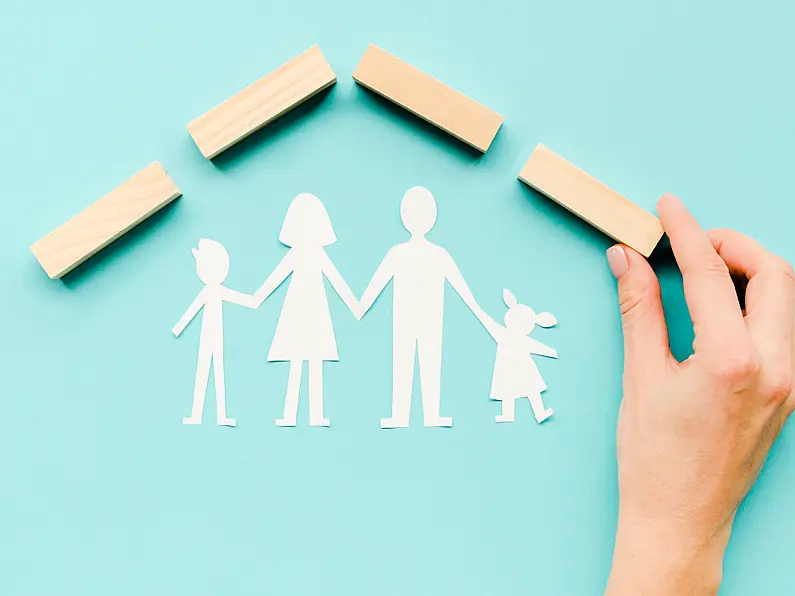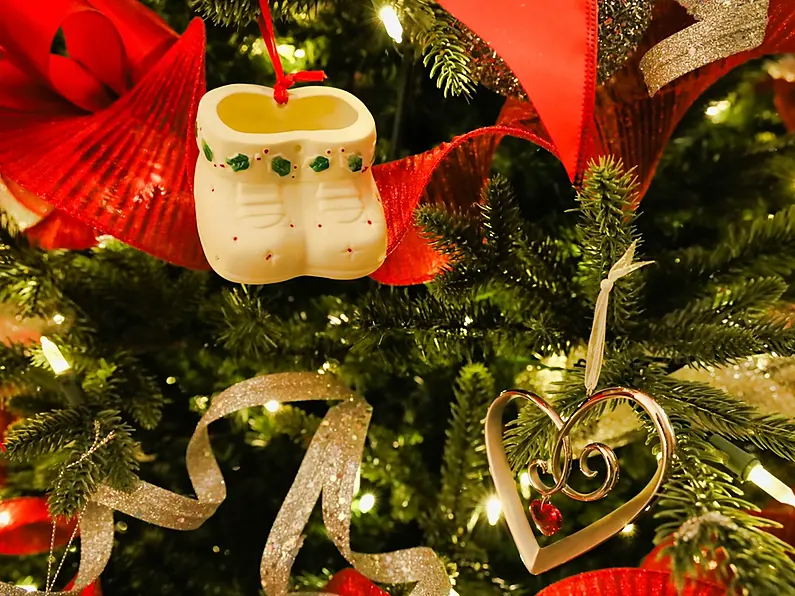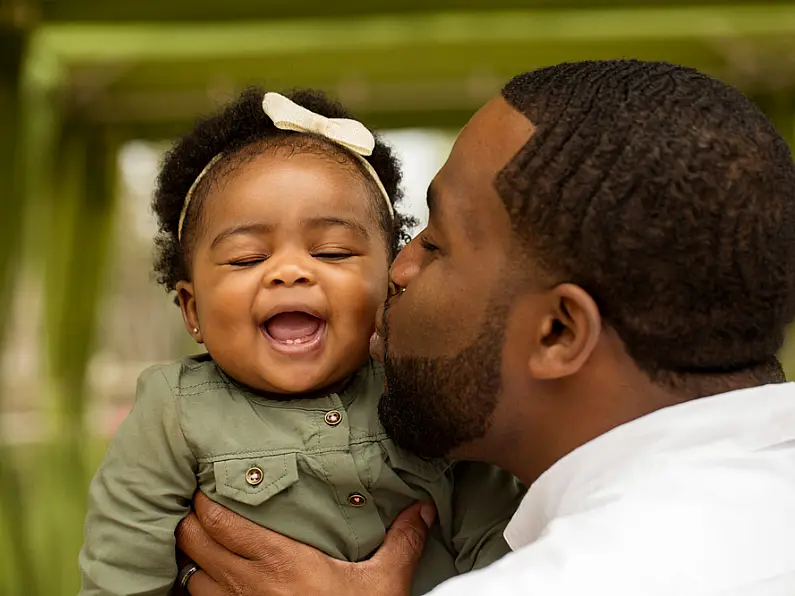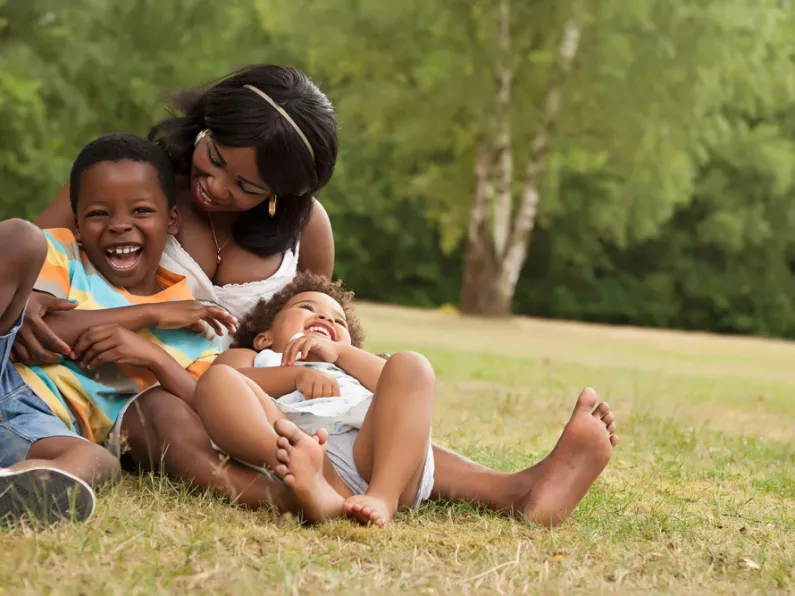Naturally, we're all about moms here at Caribbean Moms, and we're proud to be!
But every now and then, we like to acknowledge the men in our lives (if they're around).
So, in honour of Father's Day, here are 7 fun facts about dads.
7 fun facts about dads in honour of Father's Day
- Fathers can get postpartum depression: Postpartum depression is most often associated with new mothers after childbirth, but fathers are also susceptible. It may have to do with sleep deprivation and hormonal changes following the birth of a baby, but it also may be due to changes in their relationship with their partner. New dads also often feel a new weight of financial responsibility.
- The maternal “love hormone” also affects dads: Moms experience a huge surge of oxytocin during childbirth, nicknamed the “love hormone". As well as helping with the birth and breastfeeding, oxytocin helps in bonding with the baby. There's now evidence that new dads also undergo hormonal changes and that oxytocin is involved in father-infant bonding.
- Dads can feel phantom pregnancy symptoms: Believe it or not, dads can experience all the annoying side effects of pregnancy that you do. It's called couvade syndrome, and one study found that the majority of men experience a minimum of three to a maximum of 29 "sympathy pregnancy symptoms" during their partner's pregnancy. The most common was mood swings, but men also experienced morning sickness, insomnia, flatulence and more.
- Dads push kids to take more risks: In one study asking parents how steep an incline they'd allow their baby to climb, 62% of dads said they'd allow their baby to try a ramp beyond their ability, while only 56% of moms agreed to the same slope.
- Dads raise their daughters' ambitions: According to a study presented at the meeting of the Society for Personality and Social Psychology, "egalitarian" dads who pitched in around the home were more likely to have daughters with loftier ambitions.
- Dads show gender biases toward toddlers: A toddler’s gender influences the brain responses and behaviour of dads, the Rilling lab has shown. That research was led by Jennifer Mascaro, who is now on the faculty of Emory’s School of Medicine. In addition to being more attentive, the study found that fathers of daughters sang more often to their child and were more likely to use words associated with sad emotions and with the body. Fathers of sons, meanwhile, engaged in more rough-and-tumble play with their child and used more language related to power and achievement.
- Fathers’ rough-and-tumble play aids development: The rough-and-tumble play that dad tend to specialize in is good for children. One theory about parenting is that mothers tend to provide comfort and security within the home, while dads tend to specialize in preparing children for life outside the family.
Advertisement







